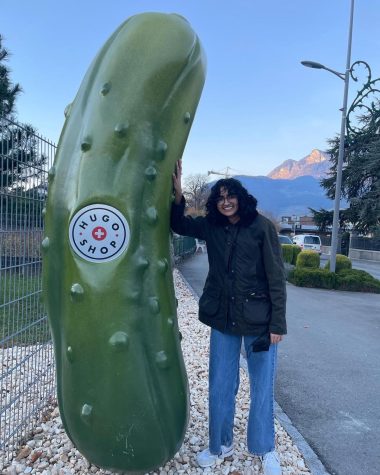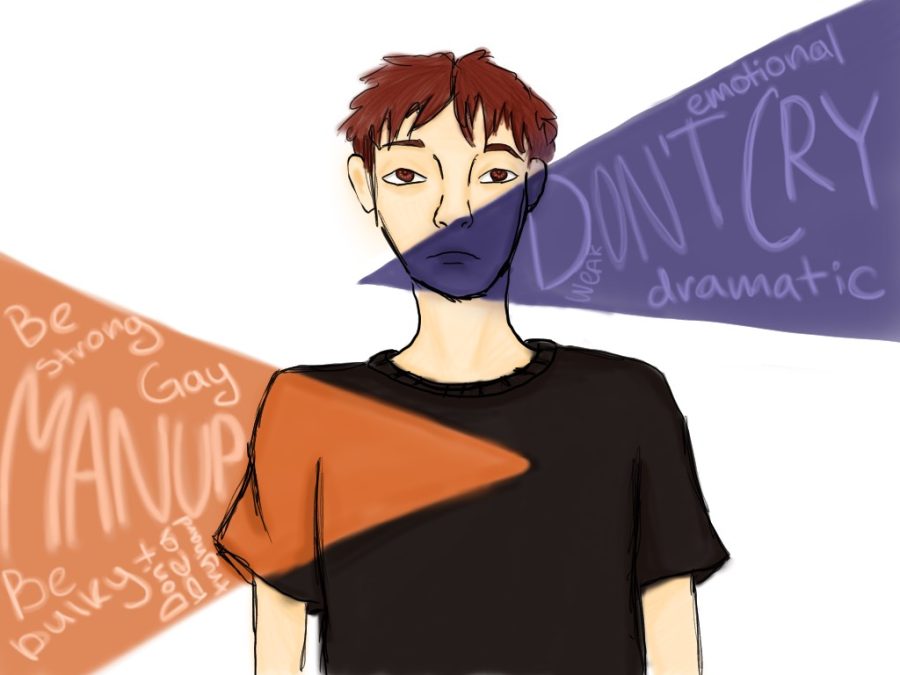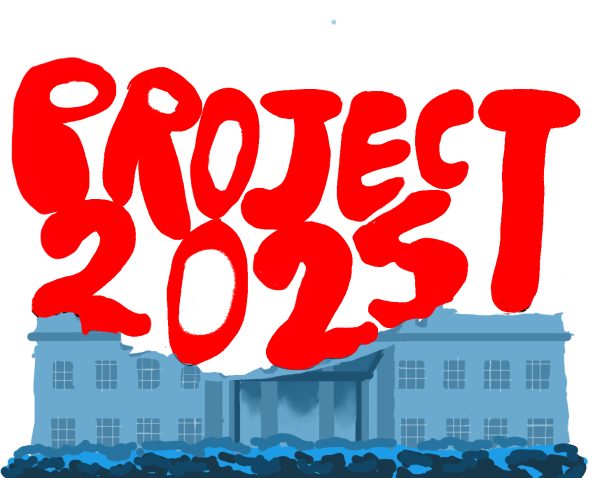Man Up to Men’s Day
On November 19th, the Gender Equality service group will be launching an International Men’s Day event for the first time in ISL history. For many people (myself included), this news initially elicits a negative reaction. It is true that, especially within this institution, International Men’s Day is often brought up as a regressive alternative to International Women’s Day. However, if these reactionary voices even took some time to research the ethos behind International Men’s Day, they would realize that both days are two sides of the same coin.
International Men’s Day is a feminist movement, and it is about time we embrace it.
As I have previously articulated many times in this newspaper, our school has a culture of conformism. We have a set of unspoken rules largely shaped by the hypermasculine and socially conservative undercurrents that latently linger around in our hallways. Those most victimized by these “rules” are our boys. International Men’s Day will benefit the ISL community.
Men and boys are often chained by the expectations of their peers to fit a certain masculine ideal. There are clear “dos” and “don’ts”. Do be decent at sports or video games. Don’t be too fat. Don’t be too skinny. Do be straight, but act gay as a “joke”. Don’t be too homophobic though because that makes people think that you are gay. Do follow the opinions of other guys in class whenever a heated discussion arises. Don’t try too hard at school, though, because that makes you a “tryhard”. Do suppress your emotions. Don’t cry. Don’t talk about your problems.
Being a boy at ISL must be difficult.
These rigid compartmentalizations are not exclusive to ISL. This is a problem that plagues our society. These irrational yet unyielding rules are pushing our boys towards an adult life teeming with detachment and emotional suppression, and this is killing them. Indeed, the second-largest cause of death for men under the age of 44 is suicide.
By forcing our men to de-prioritize their mental health, we push them to hurt themselves and the people around them. On the 23rd of May 2014, Elliot Rodger murdered seven people. He was what we now refer to as an “incel” – someone who is “involuntarily celibate”. In his long-winded and often confusing manifesto titled “My Twisted World”, he begins with the line: “All I ever wanted was to fit in and live a happy life, but I was cast out and rejected, forced to endure an existence of loneliness and insignificance”.
Rodger credits his feelings of being an outcast to the feminist movement. Attempting to justify the unjustifiable by placing the blame on a movement is clearly misguided. However, a question does arise whether feminist movements focusing on the problems that men face could help some within society and avoid unnecessary death. He felt undesirable to women as he internalized patriarchal beauty standards: he wasn’t tall, buff, or white enough to attract women. We need to work to acknowledge and to ultimately remove these beauty standards. This is what an International Men’s Day is for.
It is important that International Men’s Day also considers intersectionality: the idea that different identities can shape a person’s lived experience. Men from different backgrounds face different expectations. Gay men, for example, are often villanized for displaying femininity as “masc4masc” culture is pervasive within dating apps. Trans men lack adequate access to menstrual products. Black men are the most likely group in America to face police violence (2.5 times more than white men). In Europe, immigrant men are more likely to face false rape accusations in comparison to their “native” counterparts as derogatory stereotypes towards them remain ingrained within our collective culture.
Conversations about International Men’s Day would be incomplete without addressing women. But the truth is that International Men’s Day (or International Women’s Day, for that matter) does not exist to say that the problems faced by one group are more important than the other. Comparing them is futile and ultimately detracts from the point. International Men’s Day seeks to liberate men from the same systems of oppression which subjugate women. It’s about building solidarity to counteract the ever-pervasive force of the patriarchy, not about putting men and women against each other.
In an ideal world, this day would just provide young men at our school a platform to speak about the problems that they face. I remember Domitille’s moving speech about street harassment and sexual assault during International Women’s Day. Her transparency and openness to speak about her experiences to the entire school fostered extremely productive conversations within the student body. I saw many of my female peers open up for the first time about their experiences navigating this world as a woman. I hope that promoting discourses surrounding International Men’s Day will trigger a similar reaction.
I’d like to end this article with a quote from Olly Alexander’s GQ Award acceptance speech: “Let’s let our men be happy, be sad, be trans, be questioning, be bisexual, be non-conforming, be feminine, be masculine!”. This is what we should be striving for.

I’m Tanvi, Editor-in-Chief of The High. I’m The High’s resident pretentious music snob™, which is a title that I take very seriously. When...
It is my third year as an illustrator in the High,





